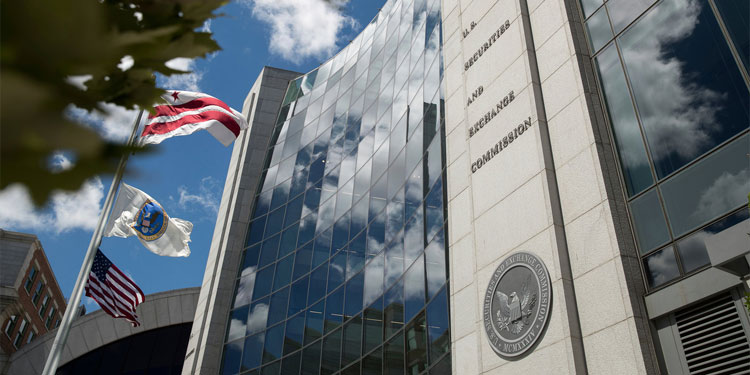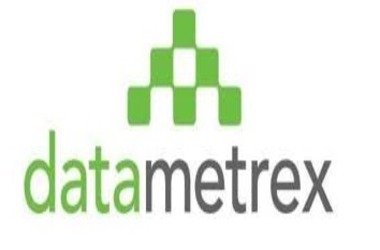 In a significant stride toward ushering in a new era of digital finance, the Philippines is poised to introduce tokenized treasury bonds (TTBs) with a one-year maturity. The move, led by the Philippines National Government through the Bureau of Treasury, marks the country’s inaugural offering of Philippine peso-denominated TTBs, aiming to raise a minimum of P10 billion ($179 million) from the domestic bond market.
In a significant stride toward ushering in a new era of digital finance, the Philippines is poised to introduce tokenized treasury bonds (TTBs) with a one-year maturity. The move, led by the Philippines National Government through the Bureau of Treasury, marks the country’s inaugural offering of Philippine peso-denominated TTBs, aiming to raise a minimum of P10 billion ($179 million) from the domestic bond market.
Launching Tokenized Treasury Bonds (TTBs):
The Bureau of Treasury plans to launch the TTBs, which will be presented as digital tokens, on Nov. 20, 2023, targeting Qualified Institutional Buyers (QIBs). The issue date is scheduled for Nov. 22, 2023. The TTBs, with a one-year fixed-rate maturity, will pay semi-annual coupons and be issued by the state-owned Development Bank of the Philippines and the Land Bank of the Philippines.
Transforming the Bond Market Landscape
This move not only represents a pioneering step for the Philippines but also aligns with global trends in digital finance. Tokenized bonds, offered in minimum denominations of P10 million, with increments of P1 million, mirror conventional government securities. The introduction of TTBs is expected to not only expand the debt market but also mitigate settlement risks and friction costs associated with traditional bond transactions.
Reducing Settlement Risk and Friction Costs:
Deputy Treasurer Erwin Sta emphasized the potential benefits of tokenized bonds, asserting that they will not only broaden the debt market but also streamline settlement processes and reduce friction costs. Looking ahead, he highlighted the department’s commitment to studying the technology further and assessing the extent to which the Philippines government can leverage it for ongoing and future tokenized bond offerings.
Philippines Joins Global Shift Towards Tokenization
The move by the Philippines follows global trends in the adoption of tokenized financial instruments. In February 2023, Hong Kong issued $103 million in tokenized green bonds, showcasing the growing interest in digitizing traditional financial assets. Notably, the Monetary Authority of Singapore (MAS) collaborated with financial giants JPMorgan Chase, DBS Bank, BNY Mellon, and investment firm Apollo to focus on asset tokenization, underlining the international drive toward embracing digital financial solutions.
Standard Chartered’s Tokenization Platform and Commerzbank’s Cryptocurrency Custody License
In related developments, SC Ventures, the investment and innovation arm of Standard Chartered Bank, recently launched a tokenization platform named Libeara, further contributing to the evolution of digital financial ecosystems. Additionally, Germany’s Commerzbank AG received a cryptocurrency custody license, showcasing the expanding landscape of traditional financial institutions venturing into the realm of digital assets.
Conclusion:
The upcoming launch of tokenized treasury bonds by the Philippines represents a pivotal moment in the country’s financial landscape. As digital finance continues to gain prominence globally, this initiative not only aligns the Philippines with international trends but also positions the country at the forefront of innovation in the bond market. The introduction of TTBs signifies a transformative shift toward efficiency, transparency, and accessibility in financial transactions, paving the way for a future where digital assets play a central role in shaping the financial landscape.








